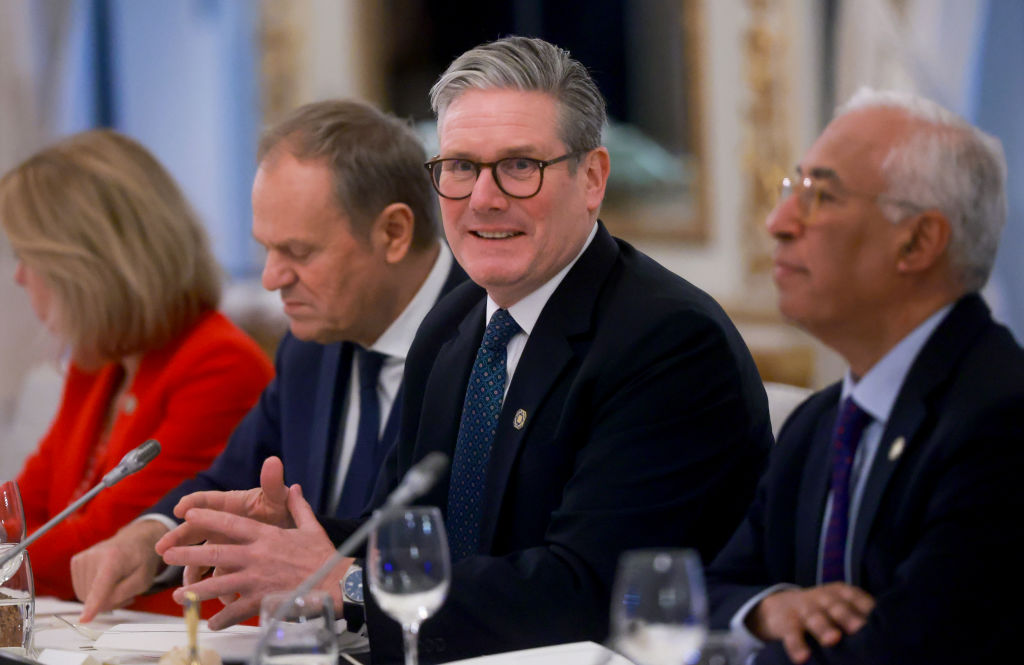Donald Trump has this week shown that he cares more about economic interests over inherited commitments – even to allies. By contrast, Keir Starmer’s handling of the Chagos Islands dispute reveals an entirely different approach to power – prioritising diplomatic acclaim over strategic imperatives. His decision to cede sovereignty of the islands has been framed as a moral and reputational victory, despite deep concerns in Washington. While Trump’s instinct is to wield American leverage unapologetically, Starmer has sought to secure international approval at the expense of Britain’s strategic position.
These two contrasting approaches – Trump’s blunt assertion of national power and Starmer’s deference to global norms – expose the same fundamental dilemma in balancing security, economic interests, and international standing in a way that serves the nation. Both Trump and Starmer illustrate, in different ways, the risks of miscalculating that balance.
Trump is right to demand more from allies, but economic coercion must be wielded carefully to avoid driving partners into China’s orbit
Trump is right to argue that the post-war order placed an asymmetric burden on the United States.

Britain’s best politics newsletters
You get two free articles each week when you sign up to The Spectator’s emails.
Already a subscriber? Log in






Comments
Join the debate for just £1 a month
Be part of the conversation with other Spectator readers by getting your first three months for £3.
UNLOCK ACCESS Just £1 a monthAlready a subscriber? Log in